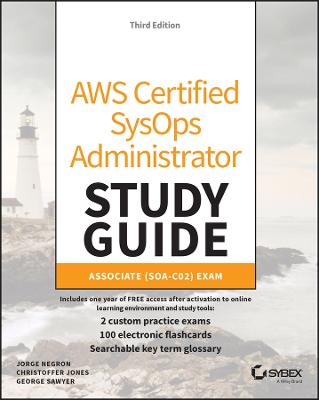Challenges to Implementing Effective Reading Intervention in Schools
Challenges to Implementing Effective Reading Intervention in Schools
New Directions for Child and Adolescent Development, Number 154
John Wiley & Sons Inc
03/2017
128
Mole
Inglês
9781119374183
182

















